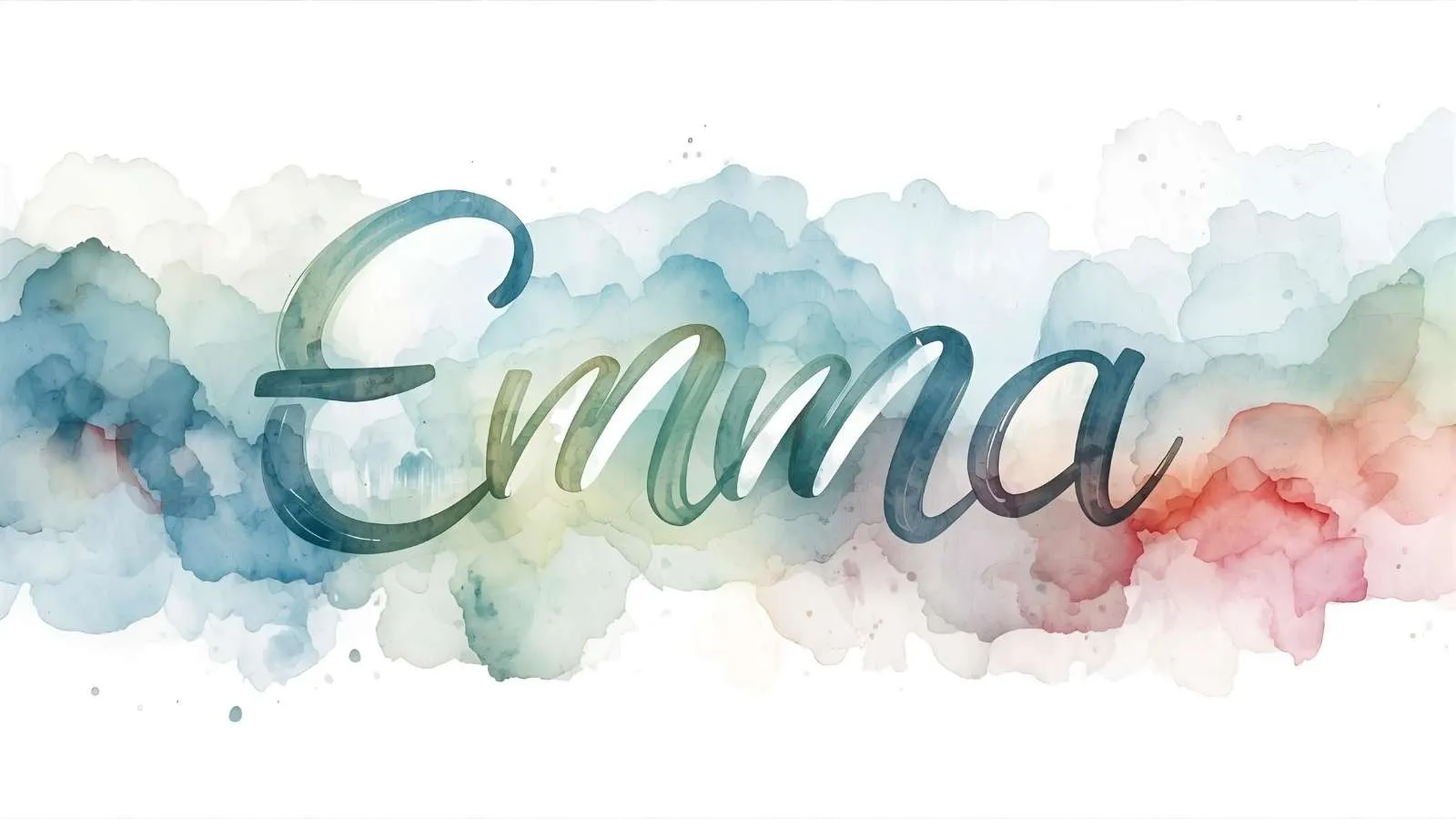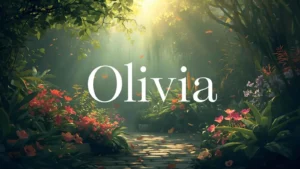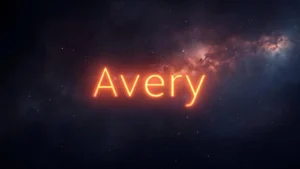So you keep seeing “Emma” popping up in texts and group chats and thinking, “Wait… what does that even mean?” Don’t worry, you’re not alone.
We’re diving deep into Emma Meaning Explained: Full Guide for Texting 2026—your cheat sheet to all the Emma vibes.
From classic origins to modern texting slang, we’ve got the scoop. By the end, you’ll be dropping “Emma” in chats like a pro and maybe even sounding a little smarter.
Ready to impress your friends (and confuse your enemies)? Let’s decode Emma, one message at a time!
What Does Emma Mean in Text? 🤔
At its core, “Emma” is simply a name, often used in texting to call out or mention someone. Unlike typical slang abbreviations, it doesn’t have a hidden meaning—it’s straightforward but can carry a friendly or affectionate tone depending on context.
Example:
A: “Hey, emma, are you coming to the movie tonight?”
B: “Yes! Can’t wait 😄”
In short: Emma = Person’s name = Friendly or affectionate mention.
Where Is Emma Commonly Used? 📱
“Emma” is mostly used in casual settings where the focus is on direct communication or tagging someone. Here’s where you’ll see it the most:
- Texting/SMS 📲 — Quick, casual chats with friends.
- Social Media 💬 — Instagram captions, comments, or mentions.
- Messaging Apps 🟢 — WhatsApp, Facebook Messenger, Snapchat.
- Gaming Chats 🎮 — Calling out or messaging a teammate named Emma.
Tone: Friendly, casual, social-media–friendly. Not typically formal.
Examples of Emma in Conversation 💬
Here are some realistic texting examples to show how “Emma” is used naturally:
A: “emma, did you finish the homework?”
B: “almost! need a few more mins 😅”
A: “wanna grab coffee later, emma?”
B: “yes! let’s go ☕️”
A: “emma, check this meme 😂”
B: “lol omg that’s hilarious”
A: “thanks for helping me today, emma ❤️”
B: “aww anytime!”
A: “emma!! party at my place tonight 🎉”
B: “i’m in 😎”
When to Use and When Not to Use Emma 🕓
✅ When to Use:
- Friendly chats with friends
- Social media mentions
- Casual team or group chats
- Showing affection or familiarity
❌ When Not to Use:
- Formal emails
- Work correspondence with bosses
- Serious or urgent situations
- Professional introductions
Comparison Table:
| Context | Example Phrase | Why It Works |
|---|---|---|
| Friend Chat | “No rush, emma 😄” | Casual & friendly |
| Work Chat | “Take your time.” | Polite & professional |
| “Please take your time to review this.” | Formal & clear |
Similar Slang Words or Alternatives 🔄
Here’s a quick guide to similar ways to casually refer to someone or use affectionate mentions:
| Slang | Meaning | When to Use |
| babe | Affectionate nickname | Close friends, partners |
| pal | Friendly term for a friend | Casual, informal chats |
| buddy | Friendly, supportive term | Gaming, casual conversation |
| hun | Term of endearment | Close friends or loved ones |
| mate | Friendly, casual address | UK/Australia texting |
FAQs About Emma ❓
Q1: Is “Emma” always a person’s name?
A: Yes, in texting, “Emma” almost always refers to a person’s name. It doesn’t have a hidden acronym meaning.
Q2: Can “Emma” be flirty?
A: Depending on tone and context, yes! Adding emojis like 😘 or ❤️ can make it affectionate or playful.
Q3: Is it okay to use “Emma” in work chats?
A: Only if you know the person well and have a casual relationship. Otherwise, stick to their name formally.
Q4: Are there any abbreviations for “Emma”?
A: Not really. Most people just use “Emma” as is.
Q5: Can “Emma” be used in social media captions?
A: Absolutely! It’s friendly, direct, and perfect for tagging or mentioning someone.

Harper Lee was the brilliant mind behind To Kill a Mockingbird, a classic exploring justice, courage, and compassion. Her timeless stories still inspire readers everywhere. Check out more fun facts at jokesplanets.com.


